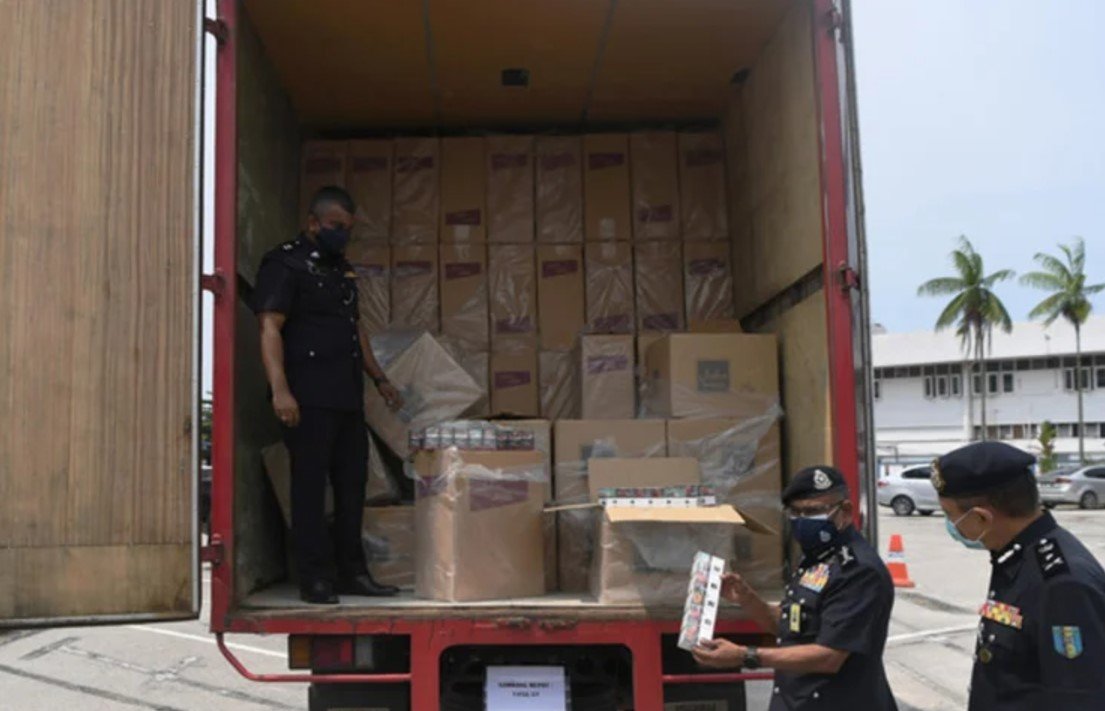A prison guard convicted of smuggling tobacco into jail has been sentenced to home detention, with his identity kept confidential to ensure his safety.
Today, a 38-year-old former Corrections officer at Rimutaka Prison appeared before the Wellington District Court for sentencing on charges of corruptly accepting a bribe. The court found him guilty of agreeing to smuggle tobacco to inmates in 2019 in exchange for monetary compensation.
Judge Stephen Harrop handed down the sentence of home detention, emphasizing the severity of the offense. “Accepting bribes and smuggling contraband undermines the integrity of our correctional system,” Harrop stated during the proceedings.
Name Suppression Granted for Safety
In a rare move, Judge Harrop granted permanent name suppression for the convicted guard, citing potential risks to his safety if his identity were to be made public. The reasons behind the threat to his safety remain undisclosed, as arguments regarding this matter were also suppressed.
“This decision was made to protect the individual’s well-being and prevent any potential harm that could arise from public disclosure,” the judge explained. The suppression ensures that the guard’s name and identifying details will not be released to the media or the public.

Details of the Bribe and Smuggling Operation
The investigation revealed that in 2019, the prison guard orchestrated a scheme to smuggle tobacco into Rimutaka Prison. He facilitated the transfer of $4,500 into an associate’s bank account, from which $4,220 was subsequently transferred to himself as payment for his illicit activities.
The operation involved coordinating with inmates to distribute the contraband within the prison, thereby circumventing security measures. Authorities discovered the scheme through routine inspections and tips from prison staff.
Impact on Prison Security and Inmate Welfare
The smuggling of tobacco into the facility had significant implications for both prison security and inmate welfare. Tobacco use within the prison not only poses health risks but also creates additional challenges for maintaining order and discipline among inmates.
“Smuggling activities like these erode trust within the correctional system and compromise the safety of both staff and inmates,” a spokesperson for the Department of Corrections commented. “We are committed to preventing such incidents and ensuring a secure environment for all.”
Legal and Ethical Implications
The case underscores the broader issues of corruption and ethical breaches within correctional facilities. The guard’s actions not only violated legal statutes but also betrayed the trust placed in him as a custodian of the inmates’ safety and rehabilitation.
Legal experts highlight the importance of stringent measures to deter corruption in prisons. “Ensuring accountability and transparency is crucial in maintaining the integrity of correctional institutions,” said Dr. Helena Martinez, a criminal justice professor. “Cases like this must be addressed firmly to uphold public trust.”
Community and Media Reactions
The sentencing has sparked varied reactions within the community and among media outlets. While some express relief that the corrupt officer has been held accountable, others are concerned about the implications of name suppression on public awareness and transparency.
“Protecting the individual’s safety is paramount, but it’s also important for the community to be informed about such breaches in the correctional system,” remarked Anna Lee, a local journalist. “Balancing these concerns is a complex but necessary aspect of the judicial process.”
Strengthening Anti-Corruption Measures
In response to this incident, the Department of Corrections has announced plans to reinforce anti-corruption measures within its facilities. These initiatives include enhanced training for staff, stricter monitoring of financial transactions, and increased collaboration with law enforcement agencies to detect and prevent illicit activities.
- Comprehensive Training Programs: Educating staff on ethical conduct and the consequences of corruption.
- Advanced Monitoring Systems: Utilizing technology to track and audit financial transactions within the prison.
- Collaborative Efforts: Partnering with external agencies to conduct thorough investigations and ensure accountability.
These measures aim to create a more transparent and accountable environment, reducing the likelihood of similar incidents in the future.
The Road Ahead for Correctional Integrity
The conviction and subsequent name suppression of the prison guard mark a significant step towards addressing corruption within the correctional system. Moving forward, the focus will be on rebuilding trust, enhancing security protocols, and fostering a culture of integrity among all staff members.
“The integrity of our correctional facilities is crucial for the rehabilitation of inmates and the safety of our communities,” stated Dr. Martinez. “Continued efforts to combat corruption are essential in achieving these goals.”
Maria Garcia is an award-winning author who excels in creating engaging cannabis-centric articles that captivate audiences. Her versatile writing style allows her to cover a wide range of topics within the cannabis space, from advocacy and social justice to product reviews and lifestyle features. Maria’s dedication to promoting education and awareness about cannabis shines through in her thoughtfully curated content that resonates with both seasoned enthusiasts and newcomers alike.








